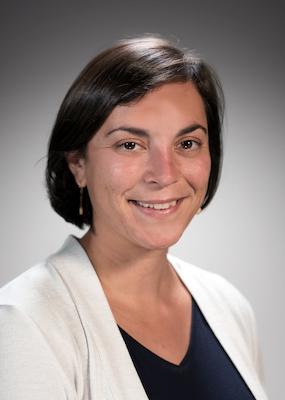
'Fire Season in the American West – What Our Expert Advises'
In addition to the usual seasons of Spring, Summer, Winter, and Fall, the Pacific Northwest also experiences Fire Season. In recent years, wildfire season has become longer and more intense, with smoke affecting the respiratory systems of humans and animals sometimes hundreds of miles from any fire. Like any good healthcare practitioner, Dr. Cora Sack knows that the best cure is prevention. How does she advise residents in smoky regions protect their lungs from smoke damage?
“Have a plan,” Dr. Sack recommended in the local publication MyNorthwest in July, going on to explain the importance of knowing where to go when the sky is smoky. The Washington Post also tapped into Dr. Sack’s expertise by asking about the damage smoke can do to a person’s body: “Minuscule [smoke] particles can bypass the defense mechanisms of the upper airway and cause damage deep within the lungs. Some of the smallest particles may even be able to pass into the bloodstream and travel to other organs. … Studies have shown that extreme exposure to wildfire smoke has been associated with heart and lung problems.” Dr. Sack also spoke to local Seattle KOMO News about the need for good indoor air purifiers, clarifying that the wrong kind of purifier may actually make indoor air worse.
Assistant Professor Cora Sack holds joint appointments with General Internal Medicine and the Department of Environmental and Occupational Health Sciences. Her focus is pulmonology and lung health.